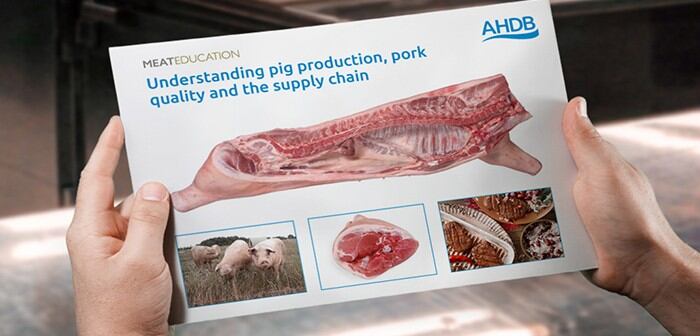The report, published by the Food and Drink Sector Council (FDSC), highlighted the growing skills shortage across all levels and all parts of the food chain, from farm to fork.
Issues surrounding the availability of management and leadership skills, coupled with an anticipated shortage in labour, due in part to the end of freedom of movement with the EU, were expected to threaten future productivity growth across the supply chain.
However, the report found that businesses were looking to fill roles across all skill levels in a bid to reverse the deficit and change the misconception that work in the food and drink sector was low-paying and low-skilled.
By observing the evidence collected, the FDSC identified early recommendations to upskill employees and attract future talent.
Apprenticeships, accessibility and professionalisation
This included the greater use of apprenticeships and offering T Level (equivalent to three A levels) work placements, improving accessibility and quality of training provision for food and drink businesses, and professionalising leadership and management skills within the sector to ensure that managers were prepared for a changing workplace.
Commenting on the report, reader in the economics of innovation and entrepreneurship at Sheffield Hallam Dr Andrew Johnston said: “In producing this report, we are shining a light on the challenges faced by the food and drink sector so that we can work with the government and employers to strengthen an industry which employs more than four million people across the UK and contributes £121bn to national gross value added.”
Dame Fiona Kendrick, FDSC member and chair of the Workforce and Skills Group acknowledged that access to skills was a growing problem across the sector and that the situation was going to get more difficult for a majority of companies.
“We will see a tighter labour market due to the ageing population coupled with lower net migration,” she added. “So, now is the time to act. I appeal to you to join us in this movement and ensure the UK food and drink businesses lead the way in providing secure and well-paid jobs at all skills levels right across the UK.”
FDF chief executive Ian Wright said ensuring the UK food and drink industry had access to a highly-skilled, well-paid and home-grown pool of talent was critical to the industry retaining its reputation as a global leader and would guarantee its long-term potential.
Food chain coming together
“This is the first time the food chain has come together to deliver such a far-reaching, future-focused report with a strong set of recommendations for action,” said Wright.
“This report provides an evidence base and an approach on which to build, but its success can only be guaranteed if the FDSC and the wider food and drink supply chain is able to fully collaborate with government.”
The report followed the grand opening of Sheffield Hallam’s National Centre for Excellence in Food Engineering (pictured), a new multi-million pound facility designed to improve current food engineering processes, address the sector skills gap and boost the competitiveness of the country’s largest manufacturing sector.
The facility featured an array of equipment and technology to allow students and researchers to operate in a real factory setting and presented manufacturers with an opportunity to use the site to develop new products and conduct research into processes.
Meanwhile, the London South Bank University has launched a consultation on new apprenticeship standards for the baking industry.





